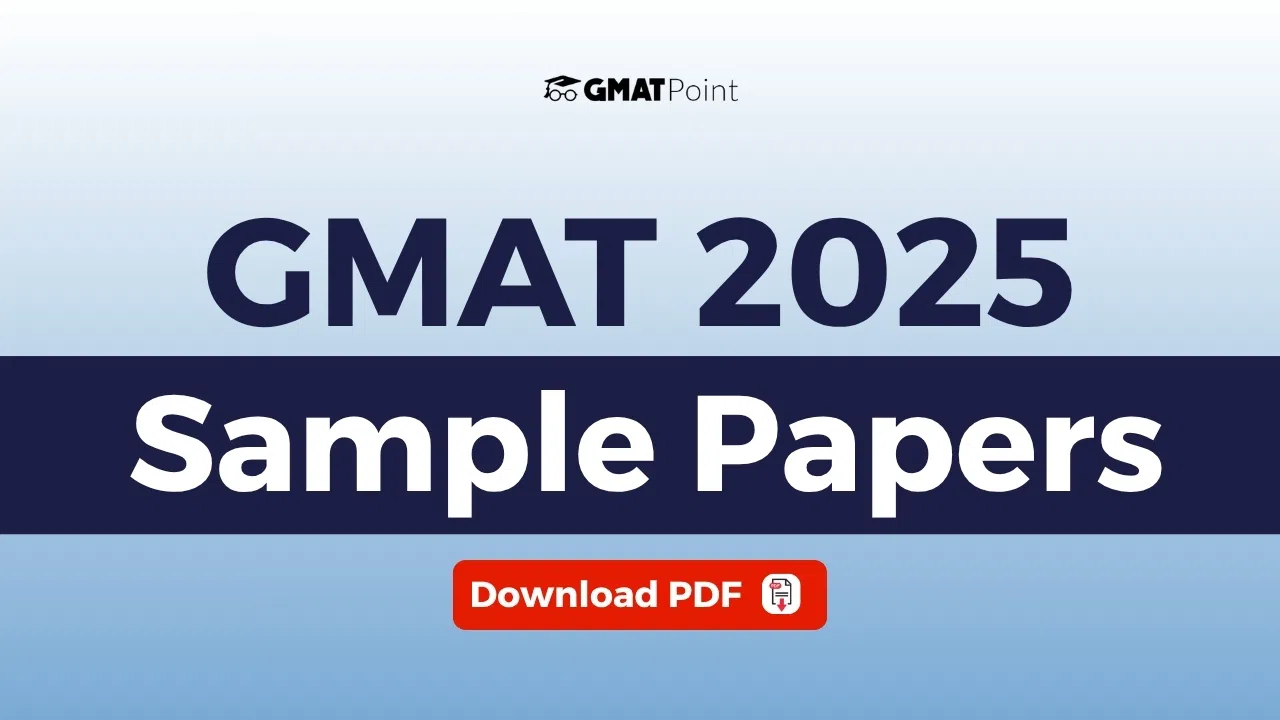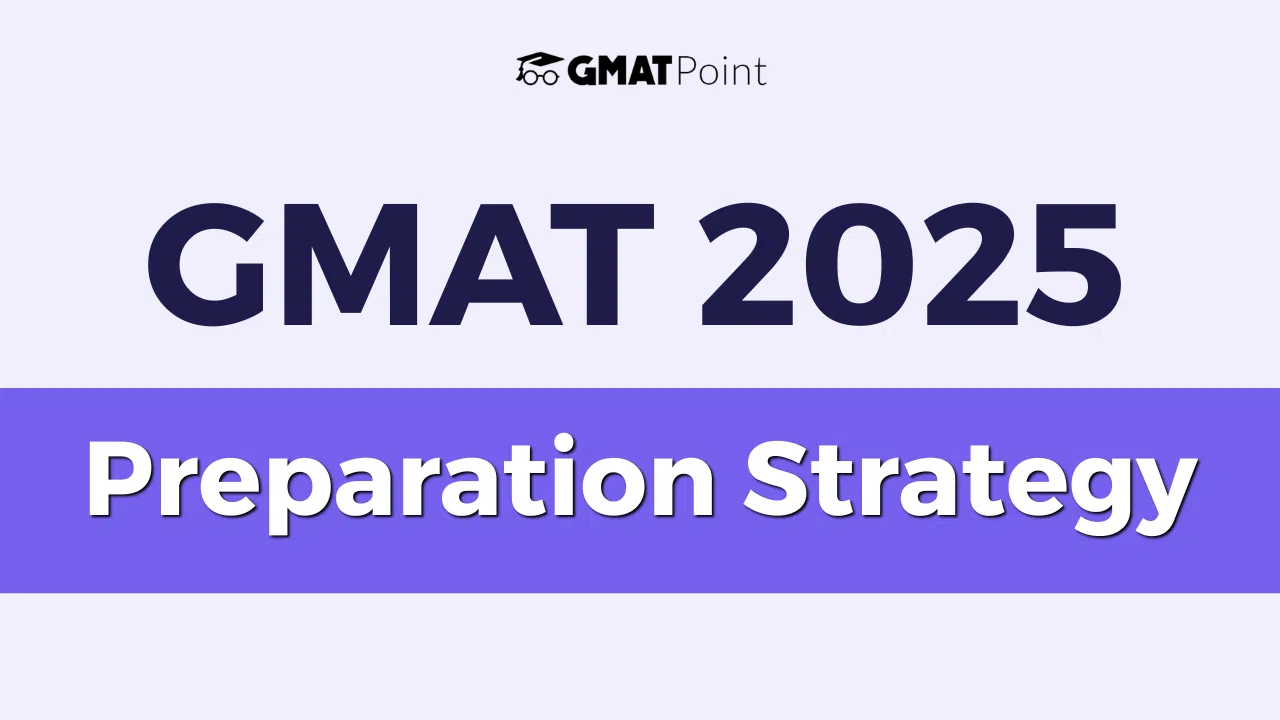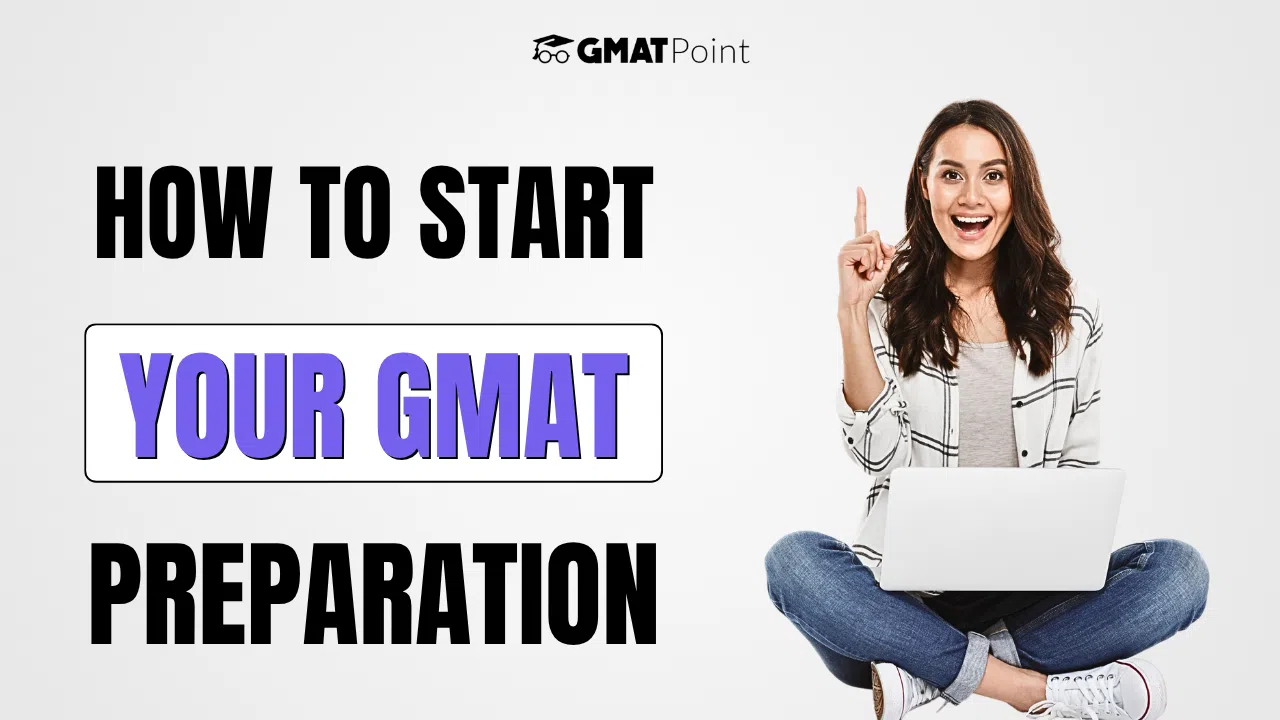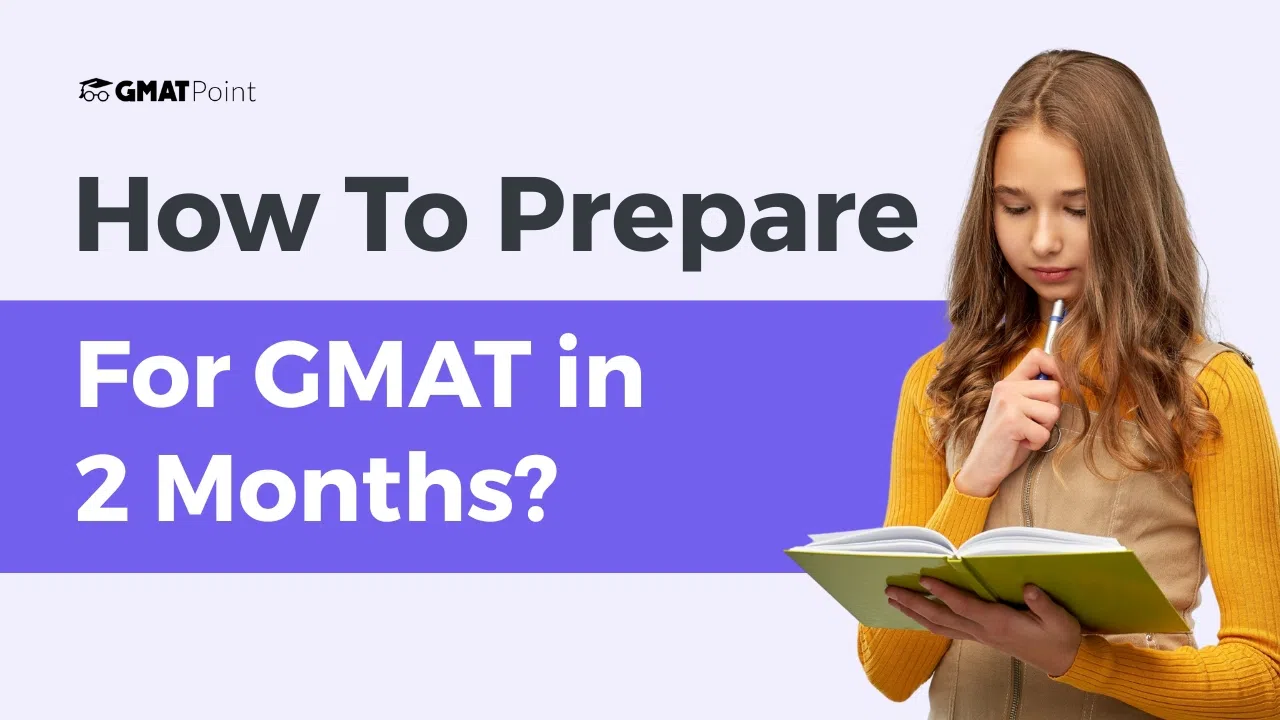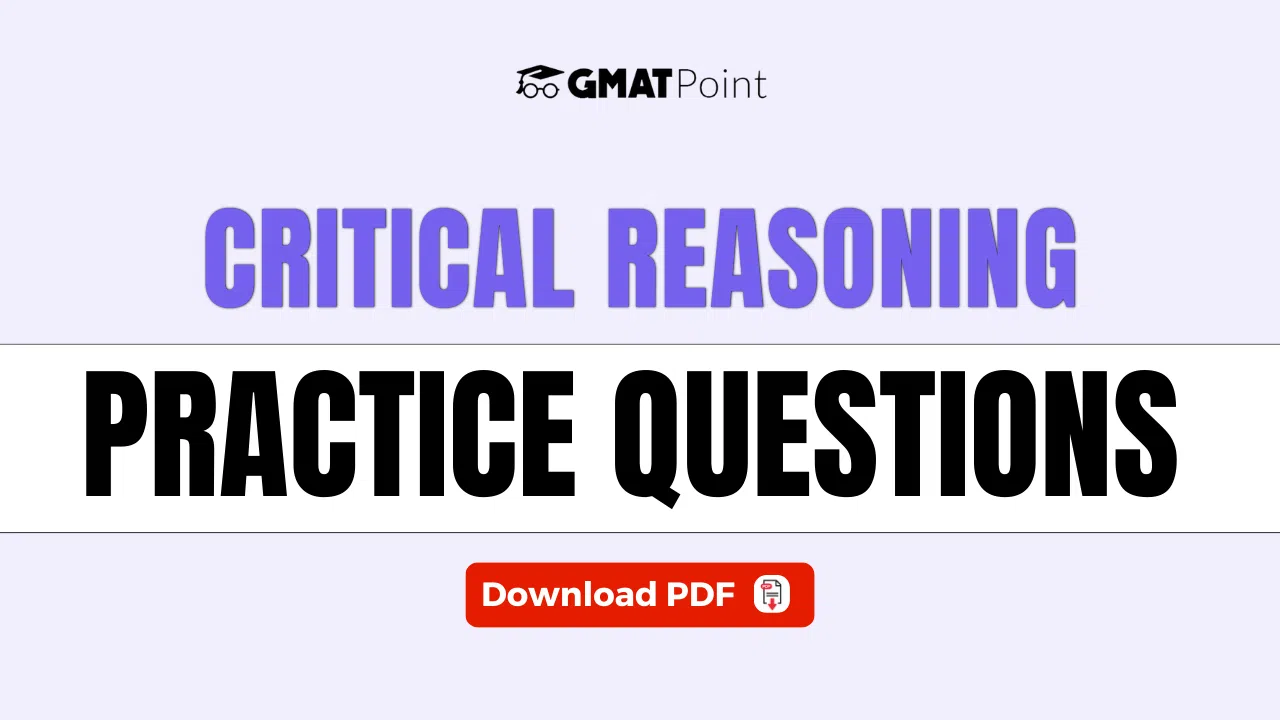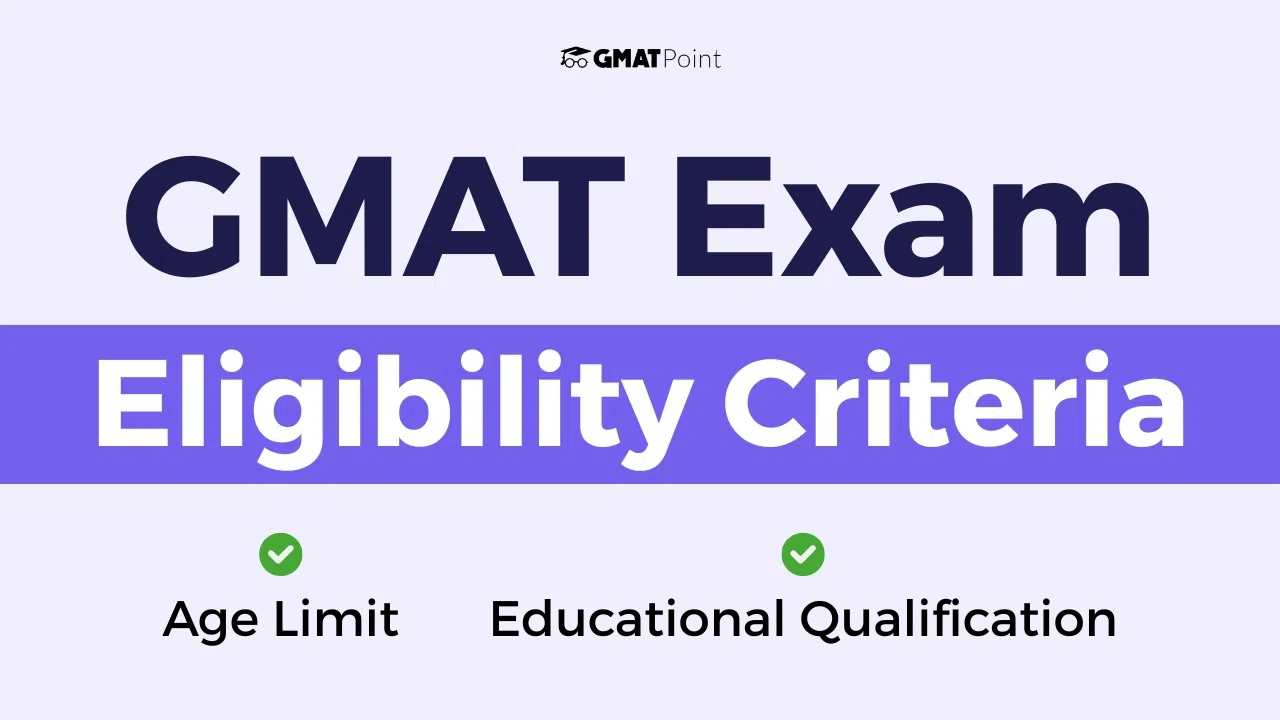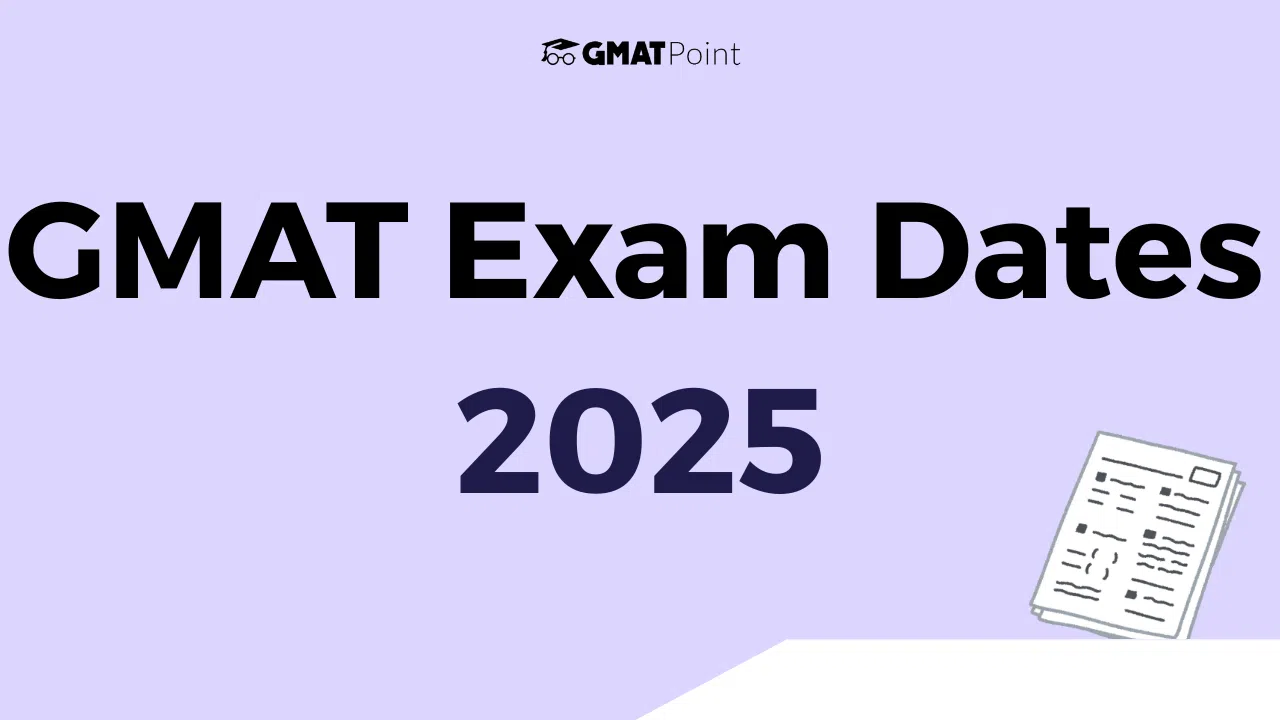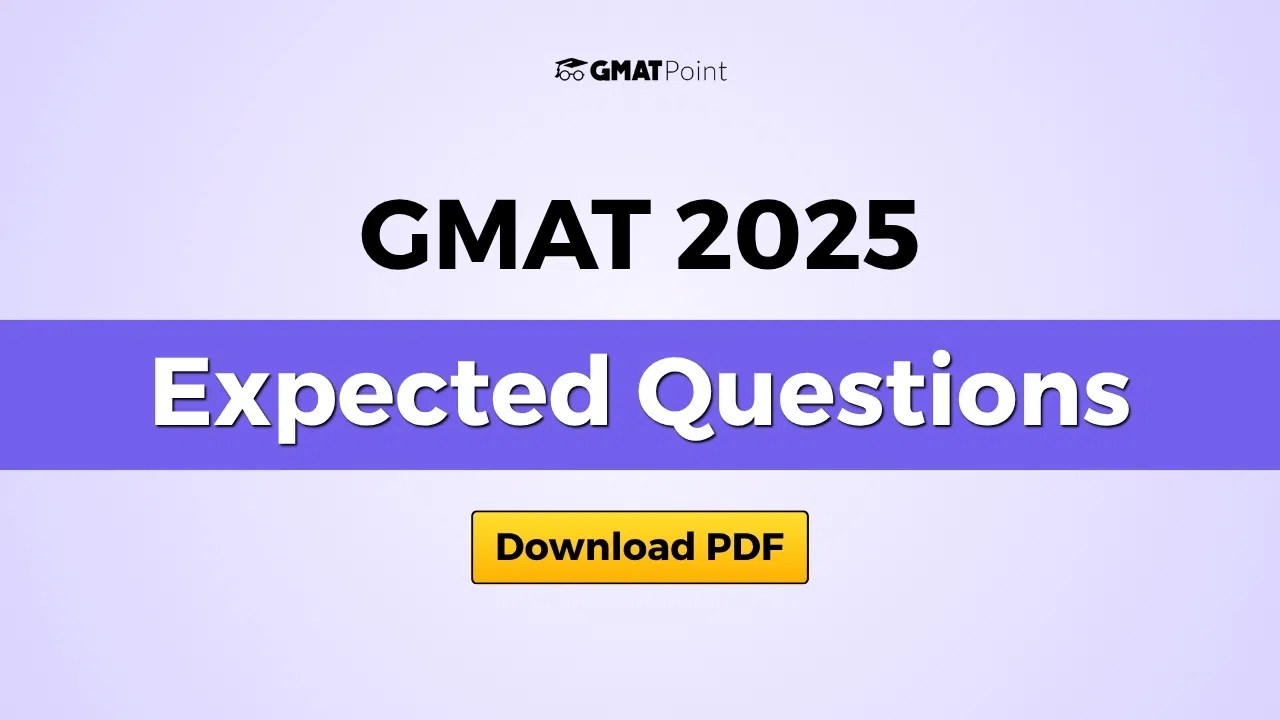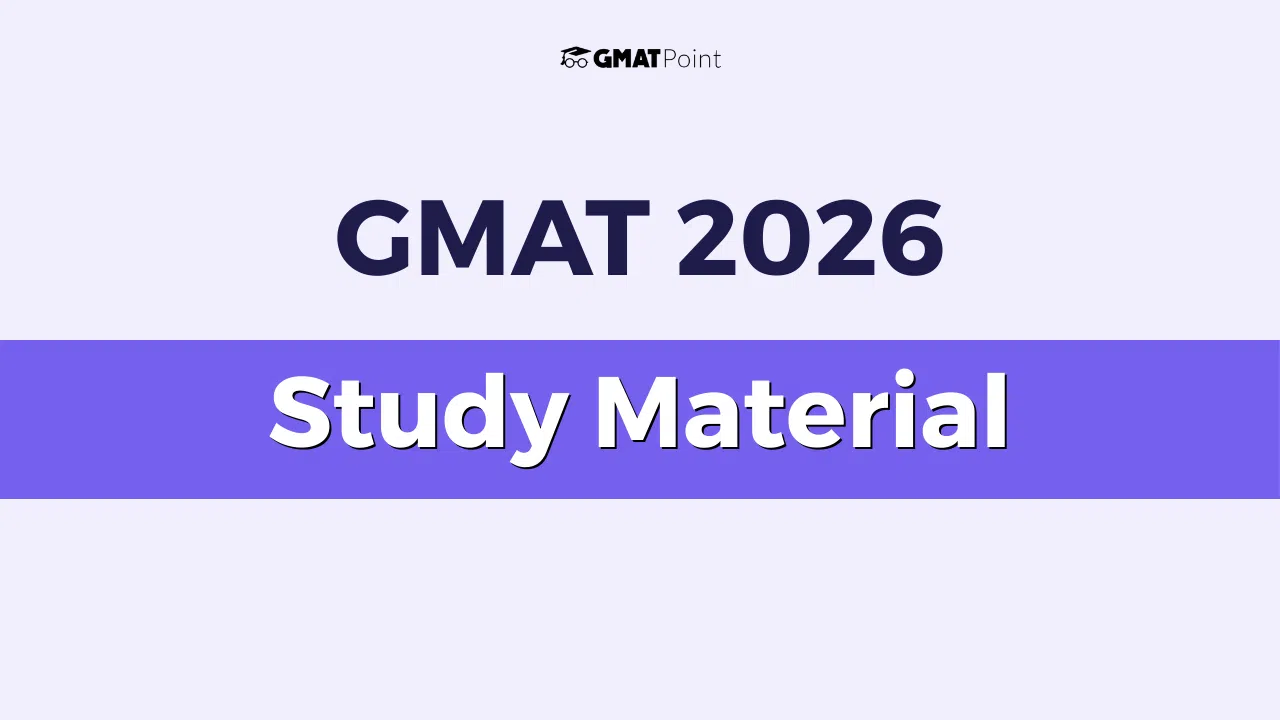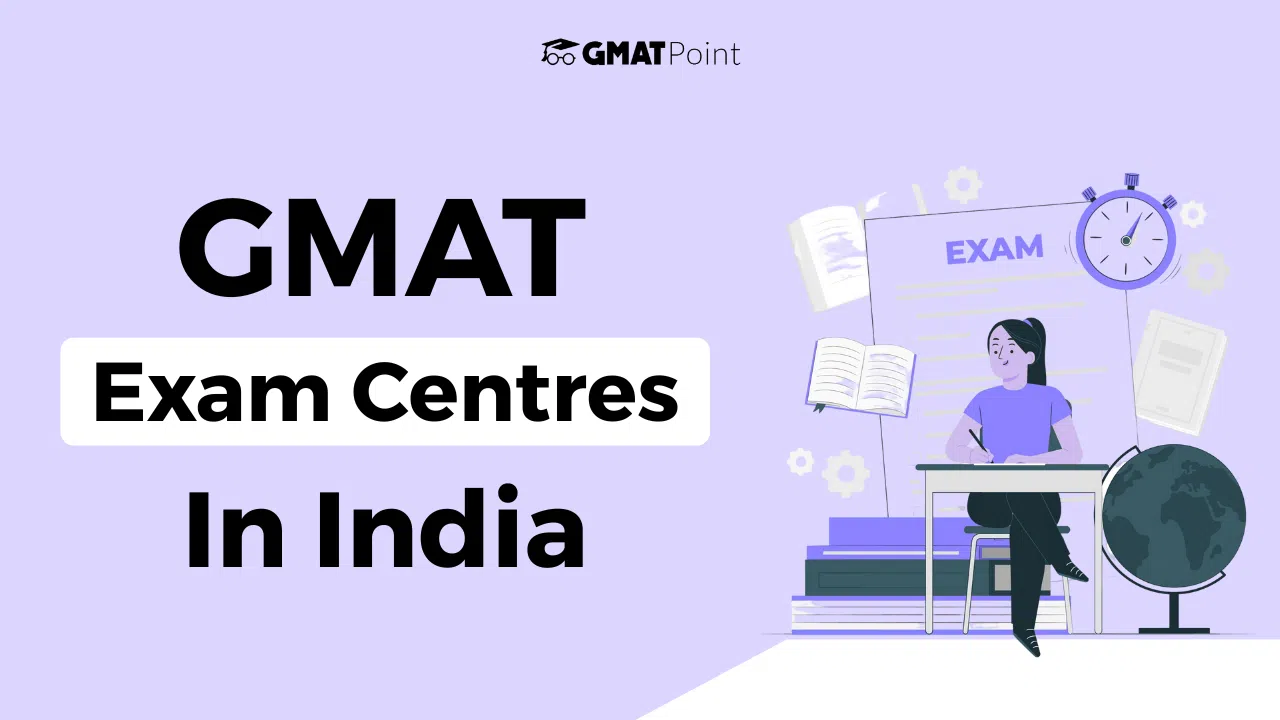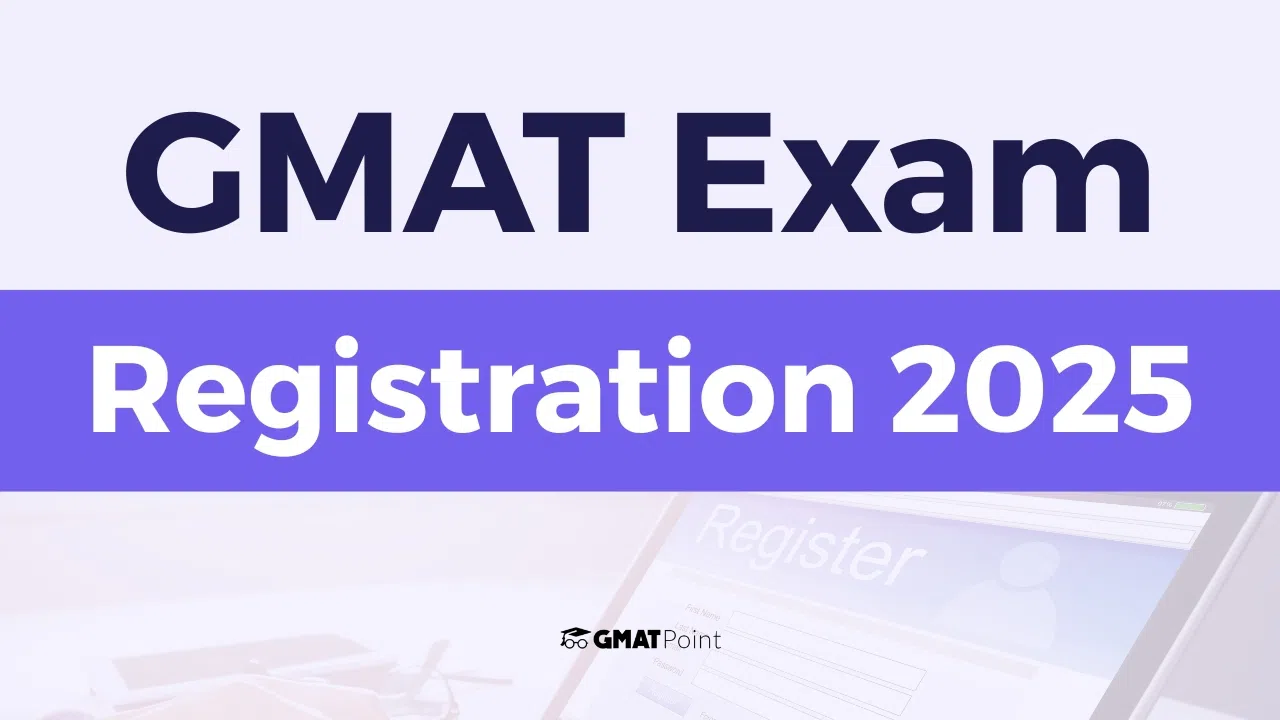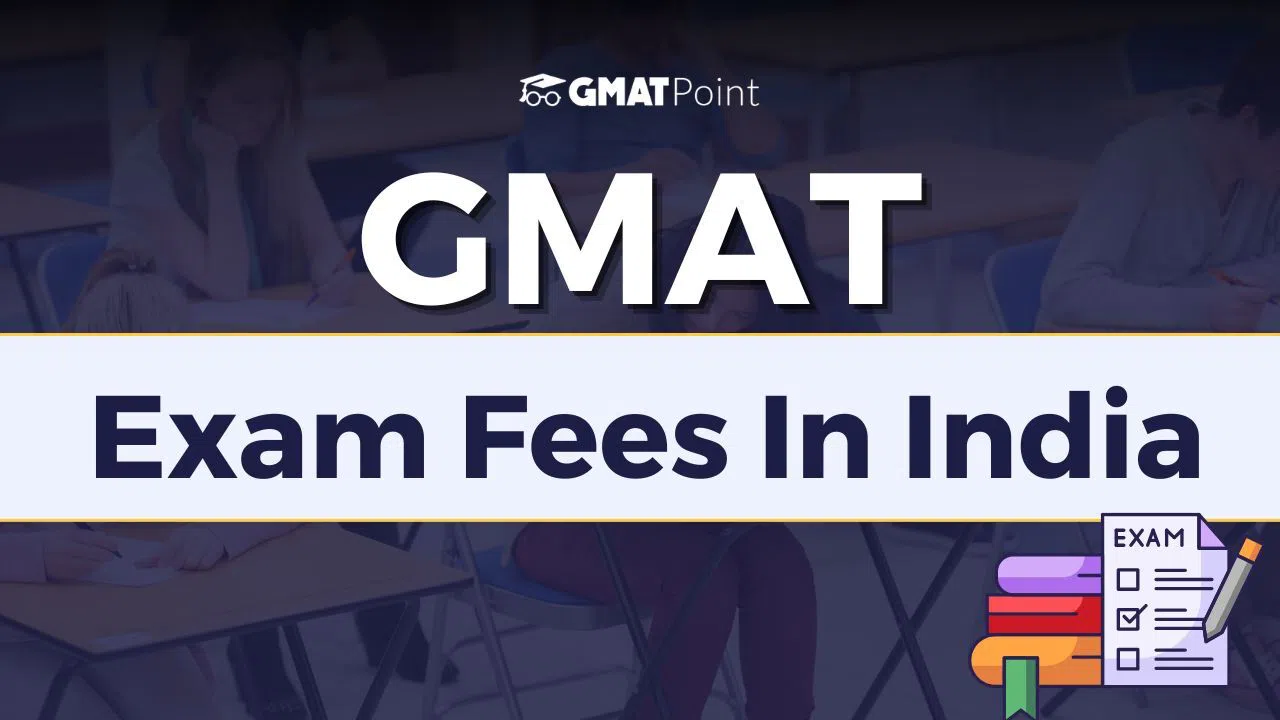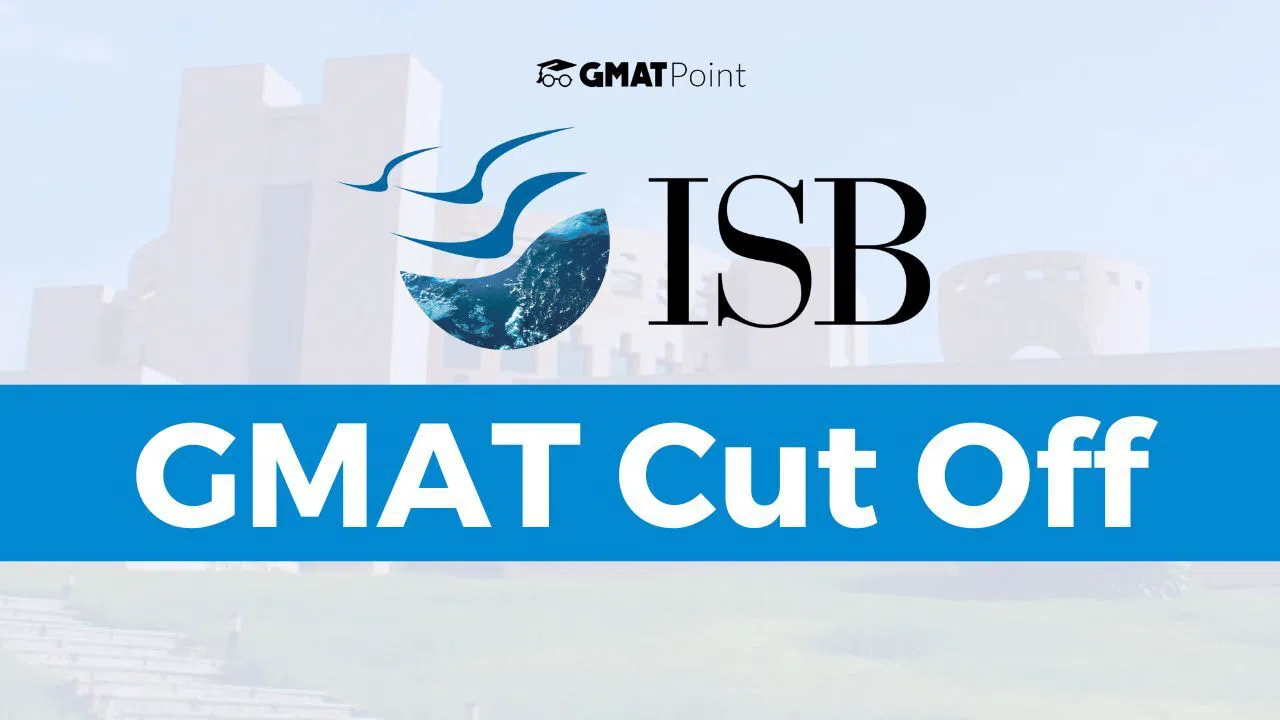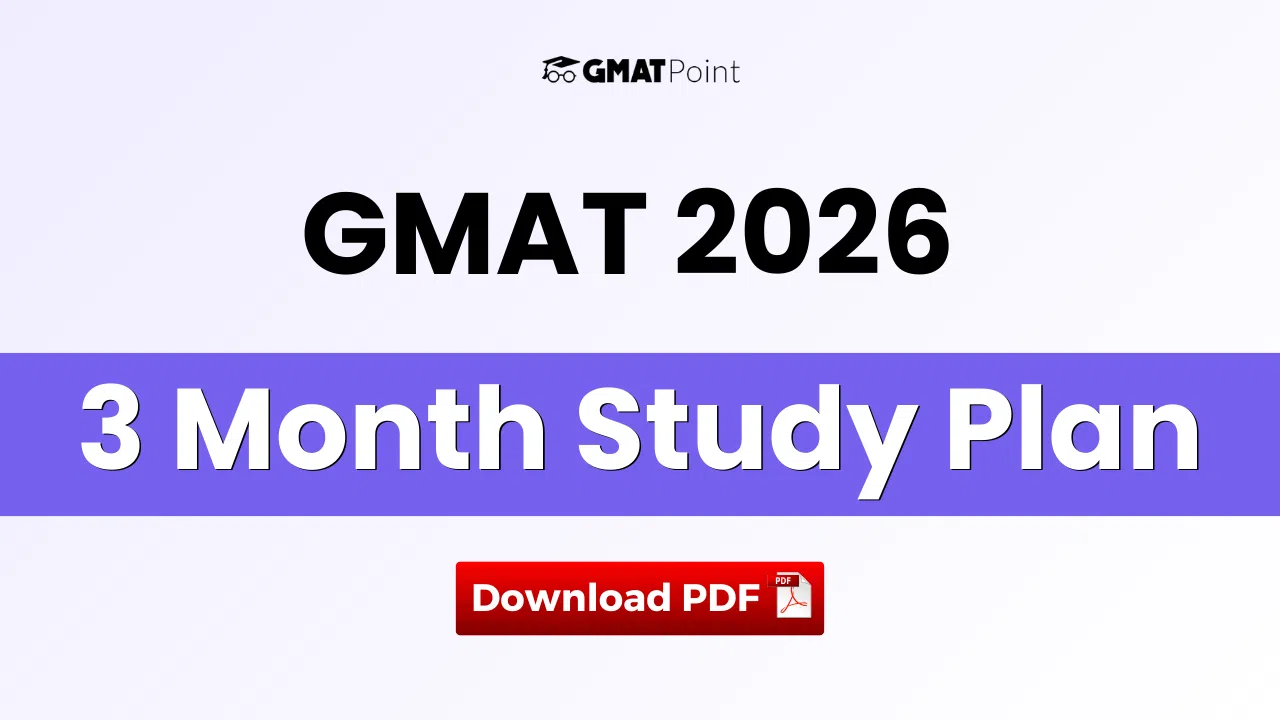GMAT Self Preparation Guide 2025
Planning to take the GMAT and thinking of studying on your own? Not sure how to begin or what to do next? This GMAT Self Preparation Guide is here to help. It describes everything in simple steps, provides useful GMAT preparation tips, and shows how to make a good GMAT study schedule. With the right approach and strategy, it’s likely to prepare well without joining any coaching center.
How to Prepare for GMAT at Home?
Preparing for the GMAT exam at home is not only possible and achievable but also highly effective; if you follow a clear plan and use the correct study materials. You don’t need to join a coaching institute; rather, focus on building a consistent routine, understanding the exam pattern, and practising regularly. With a personalized GMAT self-study plan, you can remain on track and make steady improvements. Here are some useful steps and resources to help you prepare efficiently from the comfort of your home:
- Understand the Exam Format & Pattern: Preparing for the GMAT exam from home can be both effective and flexible if you follow the right steps. To begin with, visit mba.com, the official website for the GMAT exam. It gives you a clear idea of the exam format, the types of questions, and the 3 sections: Verbal Reasoning, Quantitative Reasoning, and Data Insights. Take some time to understand how each section works and what kind of questions you’ll face.
- Take a Diagnostic Test: Once you know the exam structure, take a free diagnostic test. You’ll find one on mba.com or you can give the free GMAT mock Test on GMATpoint. This test helps you understand your current level and where you stand. After that, set a realistic target score based on the average scores required by the B-schools you are aiming for.
- Make a Study Plan: Now, build a study plan that suits your daily routine. Most students study for 2-3 hours a day while working professionals manage an hour or two during weekdays and more on weekends. Sites like Magoosh and GMAT Club offer free and paid study plans you can follow, or you can create your own using Excel or Google Sheets. Make sure you use GMAT Daily Targets which is an amazing resource available for free.
- Strengthen Your Basics: Start by focusing on your basics. If you’re weak in math, begin with arithmetic, algebra, and geometry. If you struggle with English, brush up on grammar rules, sentence structure, and reading comprehension. Use trusted materials like the GMAT Official Guide from mba.com,
- Practice with a Timer: As you progress, start practising questions in a timed environment. Don’t just solve questions randomly - track your mistakes, note down where you're going wrong, and revise those topics. GMAT Club is a great place to find explanations for tricky questions and see how others solve them.
- Take Mock Tests: Taking mock tests regularly is important. GMAC provides two free official practice exams on mba.com, and others are available for purchase. You can also take free GMAT mock test on GMATpoint. Take one full-length mock test every week or two. After each test, spend time analysing your performance - look at which sections took more time, where you lost points, and what you can improve.
- Work on Time Management: Since the GMAT is a timed test, work on pacing yourself. Many students lose marks not because they didn’t know the answer, but because they ran out of time. Practice time-saving techniques like eliminating wrong answers quickly or making an educated guess when you’re stuck.
- Stay Consistent and Take Breaks: Finally, stay consistent. It’s better to study an hour every day than to cram for ten hours once a week. Take short breaks, eat well, and try not to stress too much. Studying at home gives you the freedom to go at your own pace and make the most of it.
Also Check, How To Prepare For GMAT In 2 Months, Study Plan And Material
How to Create a Self-Study Plan for GMAT?
Having a clear and basic GMAT self-study plan allows you to stay organized, set goals, and use your time well. Following a regular GMAT study schedule lets you cover important topics and sections step by step without feeling overwhelmed. This approach makes your GMAT preparation more efficient and less stressful. Here are some practical and useful GMAT preparation tips to support your GMAT study effectively:
- Set Your Exam Date and Goal: First, decide when you want to take the GMAT and set a target score. This will help you know how much time you have and what you need to achieve. Next, take a practice test to see where you stand. This will show you which areas you are good at and which need more work.
- Gather Materials and Create a Study Schedule: After that, gather study materials like official guides, online resources, and videos. Make a weekly GMAT study schedule based on how many hours you can study. Try to study regularly, even if it’s just an hour or two each day. Divide your time between math, verbal, integrated reasoning, and writing practice.
- Focus on Weak Areas and Practice Regularly: Focus more on the parts where you struggle. Keep practising those questions until you get better. Every few weeks, take a full practice test to check your progress. Look carefully at the mistakes you make and learn from them.
- Review, Manage Time, and Rest Before Test Day: As the test day comes closer, review important concepts and practice managing your time during the test. Don’t forget to rest well before the exam. Having a clear plan and sticking to it will make your GMAT preparation smoother and less stressful.
Also Check, GMAT Exam Dates 2025, Test Centres, Slots And Deadlines
GMAT Section wise Preparation strategy
Quantitative Reasoning
The Quant section can seem scary, but steady practice will help you master it. Start by revisiting core concepts in arithmetic, algebra, and word problems, these are the backbone of the section. Memorize key formulas and work through a variety of problems, from straightforward to tricky, to build both speed and accuracy. Use flashcards for formulas and common problem types, and don’t shy away from reviewing your mistakes, understanding where you went wrong is key to improvement. Take regular timed practice tests to simulate exam conditions and track your progress.
Extra Tip: Focus on your weak areas, if statistics or geometry trip you up, dedicate extra time there. Analyze practice test results to spot patterns in your errors.
Verbal Reasoning
Verbal Reasoning is all about your ability to read, analyze, and reason through complex material. To excel, immerse yourself in reading, editorials, articles, and essays can all help. Practice reading comprehension and critical reasoning questions, timing yourself to get comfortable with the pace you’ll need on test day. Brush up on grammar rules and sentence correction, and make it a habit to summarize passages in your own words to sharpen your understanding. Work on eliminating wrong answer choices quickly, as this can save valuable time.
Extra Tip: Expand your vocabulary by reading widely outside of test prep materials. This not only helps with comprehension but also with tackling unfamiliar topics confidently.
Data Insights
The Data Insights section tests how well you can interpret and analyze data from charts, graphs, and tables. Familiarize yourself with different data formats, bar graphs, pie charts, scatter plots, and complex tables. Practice drawing quick, logical conclusions from data sets and focus on time management, as this section can be a race against the clock. Use the on-screen calculator efficiently for calculations, and take official mock tests to gauge your strengths and weaknesses in this area.
Extra Tip: Review both Quant and Verbal concepts, as Data Insights often blends skills from these sections. Practice multi-source reasoning and data sufficiency questions, and always check your answers for accuracy.
General Strategies
- Make a structured study plan: Break your prep into manageable sessions, covering all sections each week. Adjust your plan based on your evolving strengths and weaknesses.
- Practice under timed conditions: This builds familiarity with the test’s pace and helps reduce anxiety on exam day.
- Analyze your mistakes: Review incorrect answers to understand your thought process and avoid repeating errors.
Also, Download GMAT Focus Edition Syllabus PDF
Best Books for GMAT Preparation
Here are some of the books and resources for GMAT preparation at home. These study materials are trusted, organised, well-structured, and easy to follow, and they’ve helped many candidates succeed.
- The Official Guide for GMAT Review (by GMAC): Widely recommended, this guide contains real questions from past exams, making it a reliable resource for understanding the test format and practising authentic problems.
- Manhattan Prep’s GMAT Strategy Guides: Offering a clear breakdown of each section, these guides provide detailed explanations and useful tips to solve questions efficiently without being overly complicated.
- The Verbal Bible by Powerscore: A popular choice for focusing on verbal skills, this book provides thorough practice on sentence correction, reading comprehension, and critical reasoning areas often challenging for test-takers.
- GMAT Quantitative Review: Ideal for strengthening math skills, this review offers a range of problems with step-by-step solutions to help improve problem-solving abilities gradually.
Also check, GMAT Sample Paper 2025, Practice Tests With Solutions PDF
GMAT Self Preparation Guide 2025: Conclusion
Preparing for the GMAT at home can be effective, but if you find yourself spending too much time searching for free resources or getting distracted by random YouTube videos, then opting for online coaching might be a better choice. Coaching offers several advantages, such as a well-structured study plan, access to proper mock tests, and the opportunity to learn alongside a peer group.
There are many options available, but if you’re looking for an affordable solution, GMATpoint is a great choice. They offer focused products like GMAT Daily Targets and a comprehensive GMAT Mock Test series, which can help you stay on track without breaking the bank.



